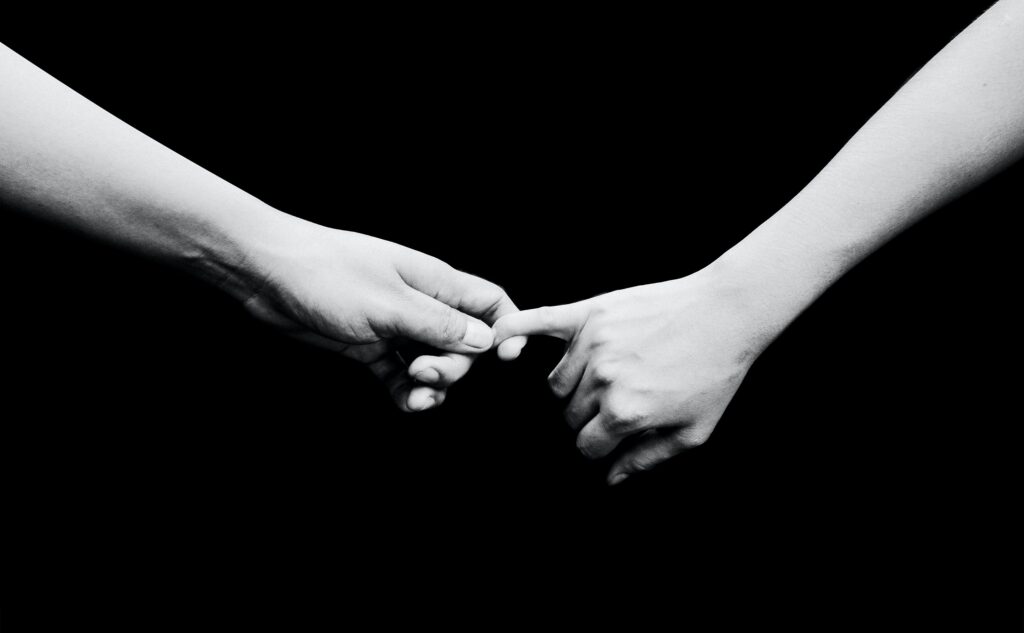Our society champions the “freedom to love who you wish” with great consistency. The movie “Loving” portrays the story of Richard and Mildred Loving, a couple whose arrest for interracial marriage in 1960s Virginia began a legal battle that would end with a historic Supreme Court decision in 1967.
The documentary film, “The Case Against 8,” highlights the battle against a 2008 proposition that would have banned same-sex-marriage in California. Perhaps the biggest surprise was the arrival of high-powered, right-wing attorney Theodore Olson, who helped defeat Proposition 8, stating, “Marriage is a conservative value … We should want people to come together in marriage.” Again and again, Americans display a strong belief that no one should stand in the way of love!
Except where a power differential exists between two potential lovers. Doctor and patient. Therapist and patient. Prison guard and prisoner. Employer and employee. University professor and adult college student. Director and actor (especially during an audition). When two adults are in a relationship that automatically creates a power differential, our society creates strict rules, policies, and even laws … that prevent love.
Why do these relationships happen? A lot of reasons. Some are conscious. “If I sleep with the director, maybe I’ll get the job?” “If I don’t go out with my boss, she might fire me.” Some are subconscious. Prisoners often live in fear, and having a guard as your boyfriend may create a sensation of security. A patient suffering from depression and seeking self-worth will be especially vulnerable to grooming techniques from a therapist. Medical patients open up to their doctors about marital problems, and they open their legs for gynecologic exams. This may create a sense of intimacy and trust that can be taken advantage of by the doctor.
Now, imagine the impact of “power differentials” when the patient, employee, or student … isn’t yet an adult?
Today, Vashon Island is awash in hushed secrets being spoken more and more loudly. And with real anger. Young people who attended and graduated Vashon High School are opening up about rumors shared routinely between students and warnings offered to incoming freshman. The idea that these concerns were commonplace amongst the VHS student body is alarming. Especially the fact that many parents are only just now hearing of them. Why?
It seems to us, at The Vashon Loop, that VHS students are on the losing end of three power differentials. First, they are students. The staff (from teachers, to coaches, to counselors) are automatically in a stronger power position. Second, they are still children, no matter how mature, while those who have power over them are much older adults. Thirdly, they are members of the “client” class, while staff are members of “the institution.” And an institution’s primary objective is to maintain and protect the institution.
Parents, on the other hand, have a duty to protect their children. This includes a safe environment for learning. This makes the title of this article, and the following questions, especially important: “Did any VHS students speak up over the past two decades about inappropriate behavior on the part of teachers, coaches, and staff? If so, were they listened to? If not, why not? And, is VHS listening now?”

